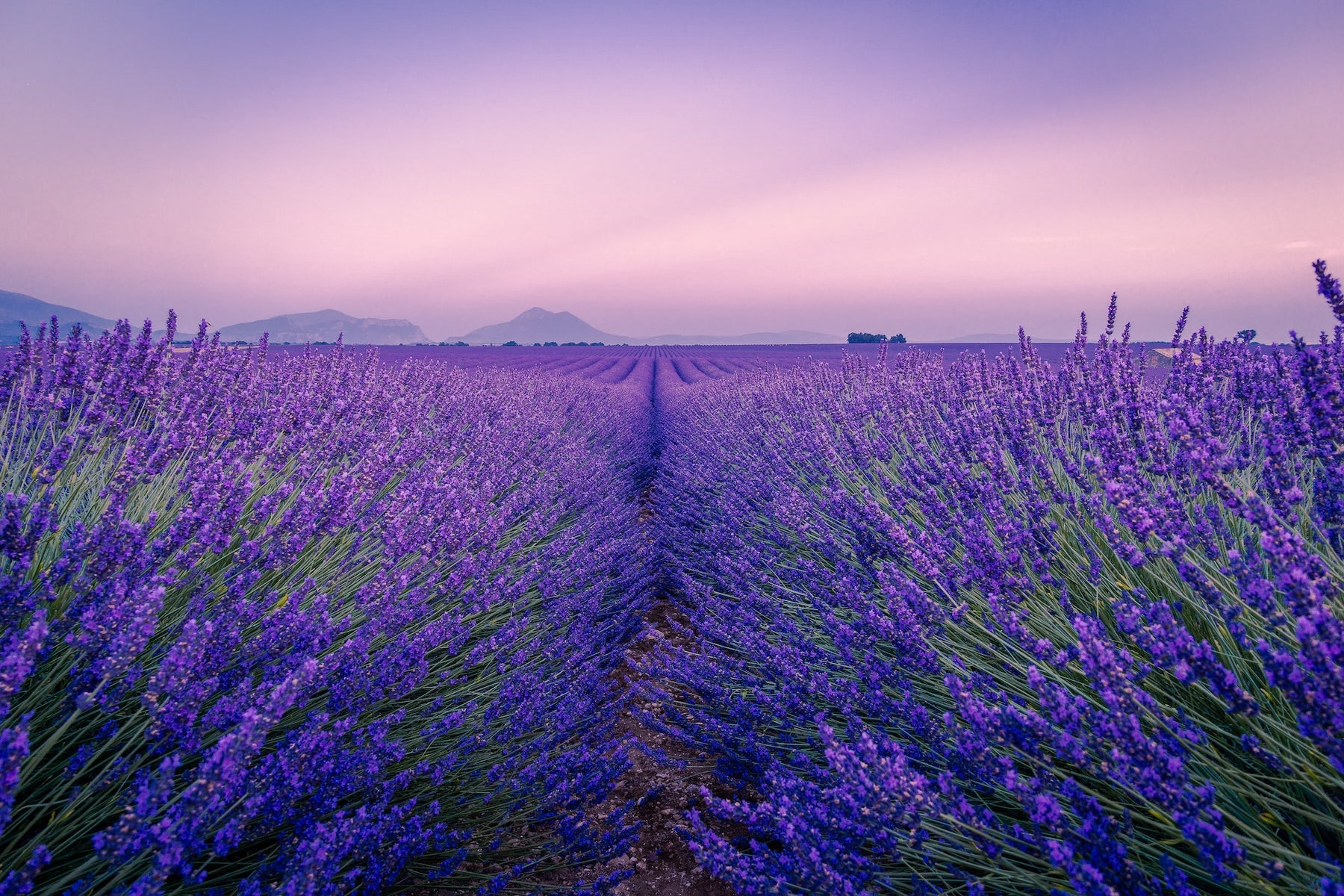
Herbs for Mental and Emotional Wellbeing
The World Health Organisation (WHO) reports that mental health conditions are rising worldwide. Mainly due to demographic changes, and lifestyle changes there has been a 13% rise in mental health conditions and substance use disorders in the last decade (to 2017). Around 20% of the world’s children and adolescents have a mental health condition, with suicide the second leading cause of death among 15-29-year-olds. Approximately one in five people in post-conflict settings have a mental health condition.
Mental health is a big issue and people suffering with mental ill health will often try every possible remedy to relieve their symptoms, and achieve calmness and relaxation. Among all the available choices, traditional herbal medicines and natural products such as essential oils have been proven to be very effective in improving mental wellbeing. The ready accessibility of these remedies over the counter and the fact that when used as advised, most people find they are safe and result in few side-effects, means they are widely used. Many people benefit from them, often in cases where conventional treatments have failed or caused intolerable side-effects.
As May is mental health awareness month, we at Nature’s laboratory would like to share with you the positive potential of the herbs we provide, to enhance overall emotional wellbeing.
Ocimum sanctum
Tulsi, also known as holy basil, has been recognized as the elixir of life in Ayurveda. Tulsi has been proved to be an adaptogen which means that it is a herb that supports stress protection and returns your body to a state of homeostasis. Modern scientific studies suggest that Tulsi is effective in treating a range of stressful conditions. Within Ayurveda, Tulsi is more commonly recommended as a preventive measure to enhance the ability to adapt to both psychological and physical stress and therefore prevent the development of stress-related diseases. Consistent consumption of Tulsi tea can be valuable, and with the regular practice of yoga, can be considered “adaptogenic” in terms of nurturing and nourishing the body, mind & spirit while fostering a sense of relaxation and wellbeing.

Hypericum perforatum L.
Also known as St. John’s Wort, has been used to treat mild to moderate depression for centuries. It has what is recognised as a thymoleptic action, which leads to in an improved sense of well-being, and it has a long tradition as a healing remedy in conditions such as melancholia, depression and exhaustion. Phytoconstituents of H. perforatum have demonstrated a unique combined pharmacological effect, inhibiting the reuptake of several neurotransmitters in a non-competitive synergistic manner. Like other antidepressants, H. perforatum inhibits the reuptake of monoamine neurotransmitters (5-HT, noradrenaline, and dopamine), which increases the concentration of serotonin and other monoamines in the extracellular space in brain regions such as the hippocampus, thalamus, amygdala, and the prefrontal cortex. Upregulation of 5-HT in these areas reduces negative effects from impinging into memory processes, while upregulation of dopamine reduces background firing rate of neurons, thus decreasing non-task related activity. H. perforatum is also known for blocking the binding of gamma amino butyric acid (GABA), which results in decreased central nervous system inhibition. (Sci Rep 6, 35700 (2016).

Withania somnifera
Also known as Ashwagandha. Stress is a normal and natural reaction to a potentially unstable situation. It can be either acute or chronic. Stress is further responsible for promoting or aggravating multiple disease conditions such as cardiovascular illness, lifestyle diseases and neurological conditions. The herb Ashwagandha has a long tradition of use in Ayurvedic medicine, and is best known as an adaptogen, a compound that can help increase our resistance to stress. Many clinical studies of Ashwagandha reported its efficacy in reducing stress and anxiety and helping to improve overall quality of life. (Nutr Med J., 1 (1): 68-78).

Lavender Essential Oil
Lavender essential oil is traditionally used and approved by the European Medicines Agency (EMA) as a herbal medicine to relieve stress and anxiety. Several studies also reported that lavender oil has been used to promote sleep and help to heal insomnia. Lavender oil is well-known for its use in aromatherapy for relaxing the nervous system and producing a calming effect. It can also elevate mood and impact the body positively. Lavender essential oil stimulates the receptors in the olfactory bulb and transmits the olfactory communication to the limbic system. The limbic system is the sensory centre in the brain that can secrete enkephalin, endorphins, and serotonin in response to stress and create a sense of relaxation. (Complementary Therapies in Medicine V 68, September 2022).

Chamomile
This herb has been used as a herbal medication since ancient times, and is still popular today. It will probably continue to be used in the future because it contains various bioactive phytochemicals that could provide therapeutic effects. Chamomile is widely regarded as a mild tranquillizer and sleep-inducer. Sedative effects may be due to the chemical constituents such as the flavonoid apigenin that binds to benzodiazepine receptors in the brain. (Mol Med Report. 2010 Nov 1; 3(6): 895–901). Clinical reports also suggest that 4 weeks consumption of chamomile extract was significantly effective in improvement of sleep quality and the daily performance of patients suffering from sleep disorders (BMC Complement Altern Med. 2011; 11: 78).

In addition to the herbs discussed above, many herbs and essential oils have been proven to be effective in improving mental health and emotional wellbeing in humans. These herbs include Ginkgo biloba, Valeriana officinalis, Passiflora incarnata, Tinospora cordifolia, Melissa officinalis, Bacopa monnieri, Curcuma longa, Scutellaria lateriflora. These and many more herbs which can have beneficial effects are available from Nature’s Laboratory. Many of our herbs are available to any of our customers and some are available only to qualified practitioners.
This article is for information purposes only, if you wish to use any herb or herbal medicine, please consult your doctor or herbal practitioner.
Written by
Dr. Bhagyashree Kamble
KTP Research Associate
Nature’s Laboratory
